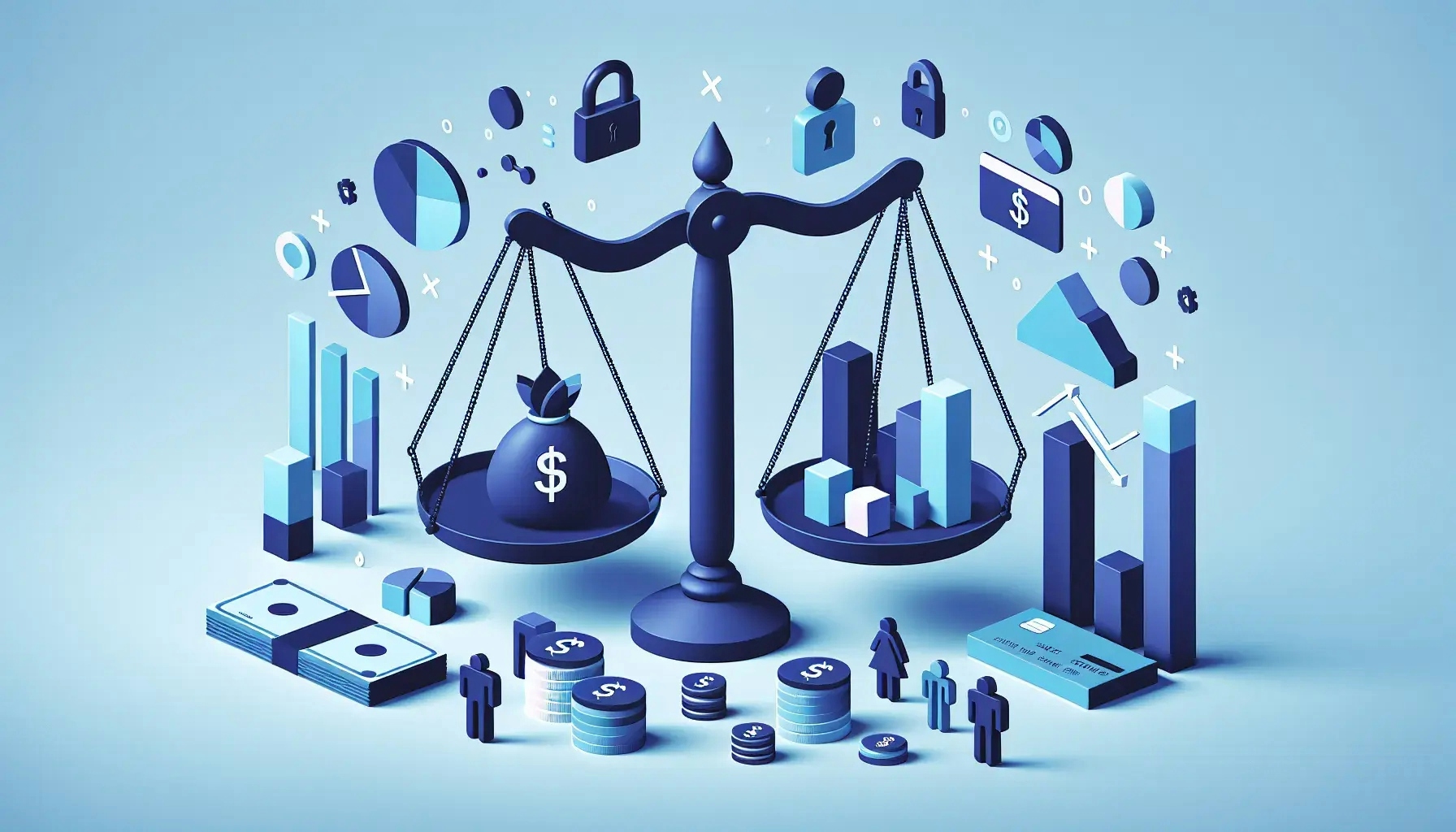Factors Affecting Credit Limit Decisions
CreditLimit.io

In the world of finance, understanding the factors that influence credit limit decisions is crucial. This blog post aims to shed light on the various elements that lenders consider when determining your credit limit. Whether you're a seasoned credit card user or a newbie in the credit world, this comprehensive guide will provide you with valuable insights.
The Role of Credit History
A significant factor that affects credit limit decisions is your credit history. Lenders look at your past behavior to predict your future actions. If you've consistently made timely payments and maintained a low credit utilization ratio, lenders are more likely to trust you with a higher credit limit.
However, a history of late payments, defaults, or bankruptcy can negatively impact your credit limit. Lenders may perceive you as a high-risk borrower and consequently, offer a lower credit limit. It's essential to maintain a positive credit history to secure a higher credit limit.
Income and Employment Stability
Your income and employment stability also play a crucial role in credit limit decisions. Lenders need assurance that you have a steady income source to repay your credit. Higher income often translates to a higher credit limit as it indicates a greater capacity to repay.
Employment stability is another factor that lenders consider. If you've been in the same job or industry for a long time, lenders may view this as a sign of financial stability. On the other hand, frequent job changes or periods of unemployment could lead to a lower credit limit.
Debt-to-Income Ratio
The debt-to-income ratio is another factor that influences credit limit decisions. This ratio compares your monthly debt payments to your gross monthly income. A lower debt-to-income ratio indicates that you have a good balance between your income and debt, which can lead to a higher credit limit.
However, a high debt-to-income ratio may signal to lenders that you're overextended and struggling to manage your current debt. This could result in a lower credit limit or even a denial of credit.
Current Financial Obligations
Lenders also take into account your current financial obligations when determining your credit limit. These obligations could include mortgage payments, car loans, student loans, and other forms of debt. If you have a high level of financial obligations relative to your income, lenders may offer a lower credit limit.
On the other hand, if your financial obligations are manageable and you have a good track record of meeting these obligations, lenders may be more willing to offer a higher credit limit.
Credit Utilization Ratio
The credit utilization ratio is a key factor in credit limit decisions. This ratio compares your current credit card balances to your total available credit. A lower credit utilization ratio indicates that you're using your credit responsibly, which can lead to a higher credit limit.
However, a high credit utilization ratio may signal to lenders that you're reliant on credit and may struggle to repay your debts. This could result in a lower credit limit.
Market Conditions and Lender Policies
Market conditions and lender policies can also affect credit limit decisions. During economic downturns, lenders may tighten their lending standards and offer lower credit limits. Conversely, during periods of economic growth, lenders may be more willing to offer higher credit limits.
Lender policies can also vary widely. Some lenders may be more conservative and offer lower credit limits, while others may be more aggressive and offer higher limits. It's important to research and understand a lender's policies before applying for credit.
Wrapping Up: Understanding Credit Limit Decisions
Understanding the factors that influence credit limit decisions can help you manage your credit more effectively. By maintaining a positive credit history, ensuring a steady income, keeping a low debt-to-income ratio, managing your financial obligations, and maintaining a low credit utilization ratio, you can increase your chances of securing a higher credit limit. Remember, every lender is different, and understanding their policies can also be beneficial.